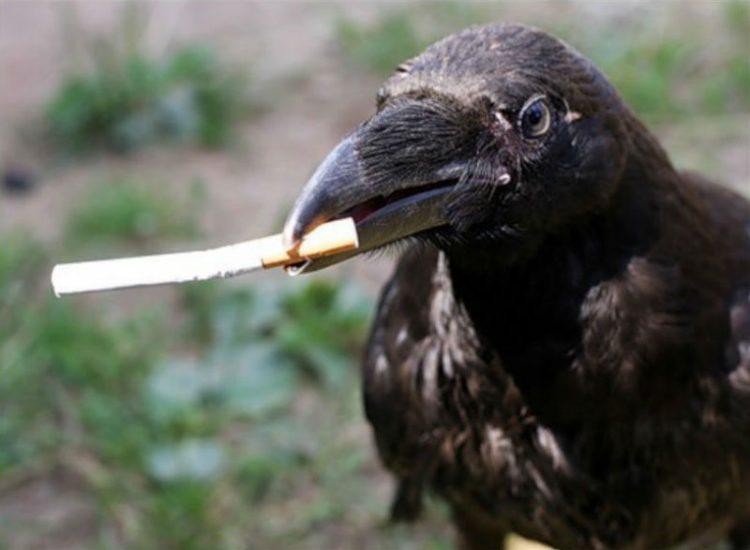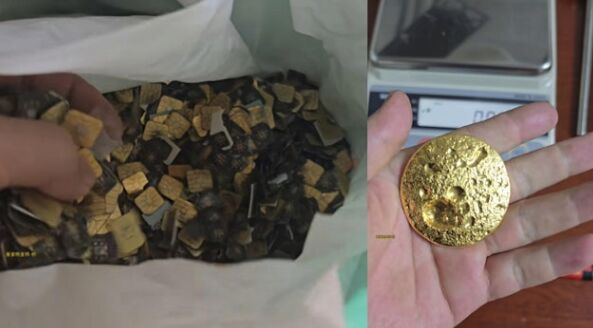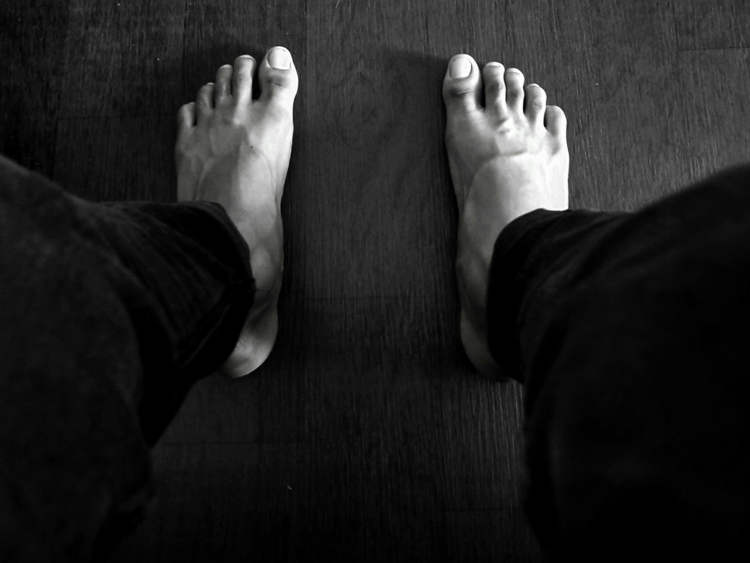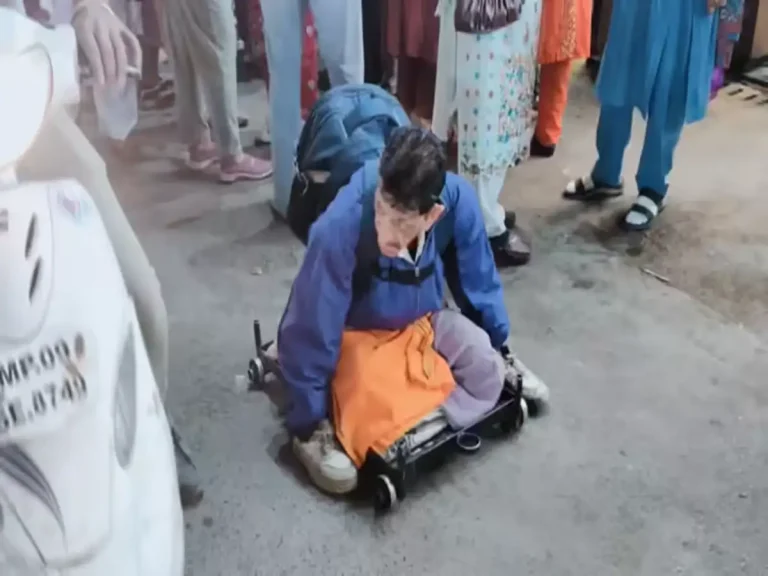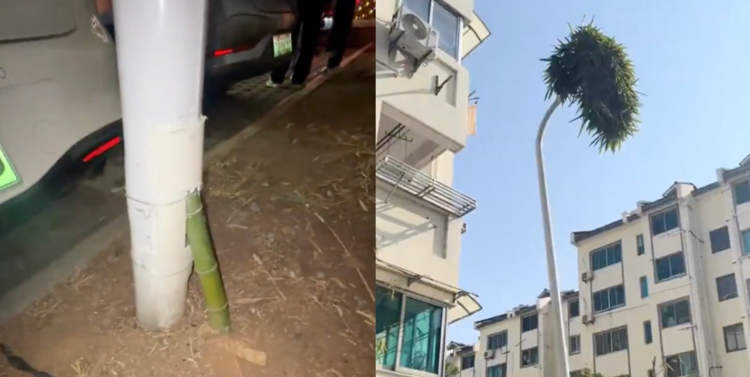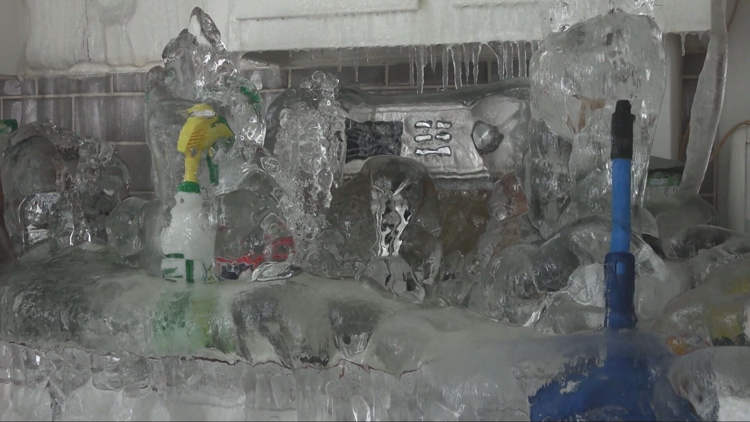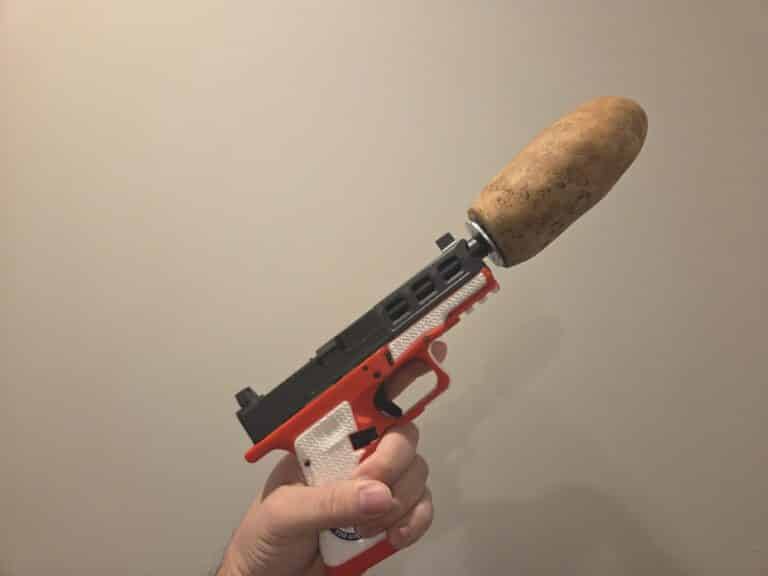Alarmed by how many cigarette butts littered the parks of Amsterdam, two Dutch designers came up with an unusual plan to train crows to pick up the butts and trade them for tasty rewards.
Industrial designers Ruben van der Vleuten and Bob Spikman originally considered using robots to clean the streets of cigarette butts, but they presented a series of difficulties, particularly the complicated programming required to have them vacuuming the buts out of every nook and cranny while trying to avoid bicycles and passers-by. So they turned their attention to one of the most abundant resources of urban areas – birds. Pigeons were the first ones they considered, because they can be found in virtually every city in the world, but a quick search revealed that they aren’t really known for their intelligence, so training them would have been very hard. But the two designers soon found a bird that was both very common around human settlements and much, much smarter – the crow.
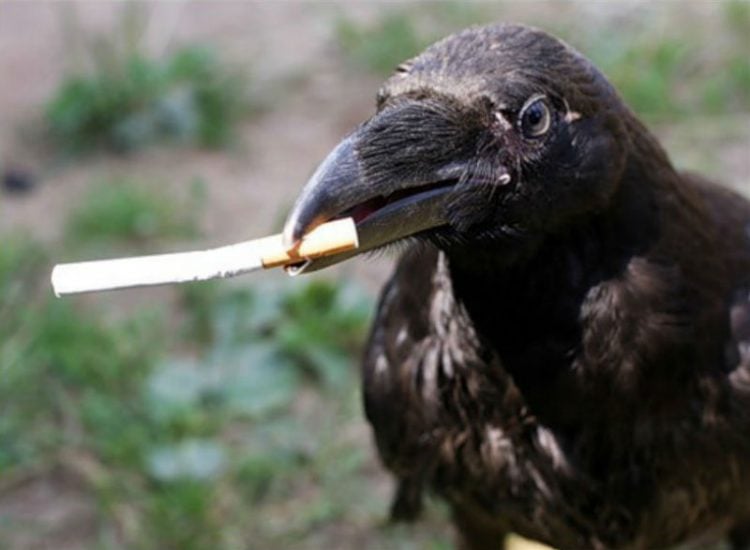
Crows are ranked among the most intelligent species on the planet, and their understanding of causality allows them to plan, create and use tools to achieve their goals. They can learn things by observing their surroundings, manipulate humans into helping them, and some can apparently even count. Crows’ encephalization quotient (approximate intelligence level) is equal to that of chimpanzees, so they were perfect for the project envisioned by Ruben and Bob.
The two designers knew that they wanted to train crows to clean cities of discarded cigarette butts, but it wasn’t until they discovered the Crow Box, a project by Joshua Klein, that they realized how to go about doing it. Klein had invented a machine to autonomously train crows to pick up change from the streets and exchange it for peanuts, so if they could be trained to do that, they could definitely pick up cigarette butts as well.
“What you want is that the crows associate food with butts,” Ruben van der Vleuten told TNW. To achieve this, they plan to follow a four-step process thought up and tried by Joshua Klein. The first step presents the cow with a cigarette butt and a treat, on a tray in the machine. This helps the bird associate the butt with the food, so that it comes back for more.

In the second step, you take away the food and only drop it when the crow arrives at the Crow Box, which helps it learn that the machine does things. During the third step, the crow learns that the Crow Box responds to certain actions, so you take away the food completely, leaving only the cigarette butt on the tray. During this “crucial step”, the crow, used to the food always being there, will start pecking around for it and eventually push the butt into the machine’s receptacle, causing the food to drop.
“The fourth step is the only step where humans are involved. When the crow is comfortable with step 3, a person scatters a couple dozen butts around the machine. Now the crow has to find out it can pick up those butts and deposit them in the machine,” van der Vleuten said. Once they get used to how things work, the crows will start looking for cigarette butts in the wild and trade them for tasty treats at the Crow Box machine.
Asked if constantly picking up cigarette butts full of toxins is bad for the crows, the Dutch duo gave a very pragmatic answer: “The effect on nature is huge, and we feel that a few crows are a small price to pay. Moreover, the short contact with the butt ensures the effect is minimal. We can regulate the machine to limit the number of crows that are trained. But indeed, we still need to do extensive research on this, because if the effects are found out to be bad for crows we have to look for another solution.”

As crazy as the Crowded Cities project may sound to some people, Prof. John Marzluff, a world-renown corvid expert, believes that it can actually work.
“I am sure crows could learn to do this. They are quick studies when rewarded for their actions. I’ve heard stories of crows picking up cigarettes elsewhere and have wondered if it had a purpose,” Marzluff said. “Pet crows often steal their owners’ cigs, and Indian house crows have been photographed with cigs in their beaks. But why? Maybe just trying potential food sources they see us put in our mouths? Or perhaps they are using the spent filters as insecticides for their nests as some other birds have been found to do? So, yes they could do it.”
However, Marzluff also points out the ethical dilemma posed by the Crowded Cities. “It is equally important to ask, should we enslave crows to do our dirty work for us? To me the answer to that question is NO,” the professor told TNW. “Crows have lives of their own to live and we should just marvel at their lives, rather than try to coerce them into working for us. It would be more ethical to devise a machine to pick up butts, create biodegradable butts, or better yet, train our smoking conspecifics to pick up after themselves.”

Bob and Ruben still plant to carry on with their plan, though, and are currently looking ways to fund a serious experiment to see how long it takes to train wild crows to pick up cigarette butts for food. Despite the ethical questions, the two say that, at the very least, their project will start a conversation about the environmental problems posed by cigarette butts around the world.
Data shows that out of the 6 trillion cigarettes we smoke every year, about two thirds end up in the environment. To put that into perspective, the roughly 4 trillion cigarette butts are enough to fill 2.5 million Olympic swimming pools.

